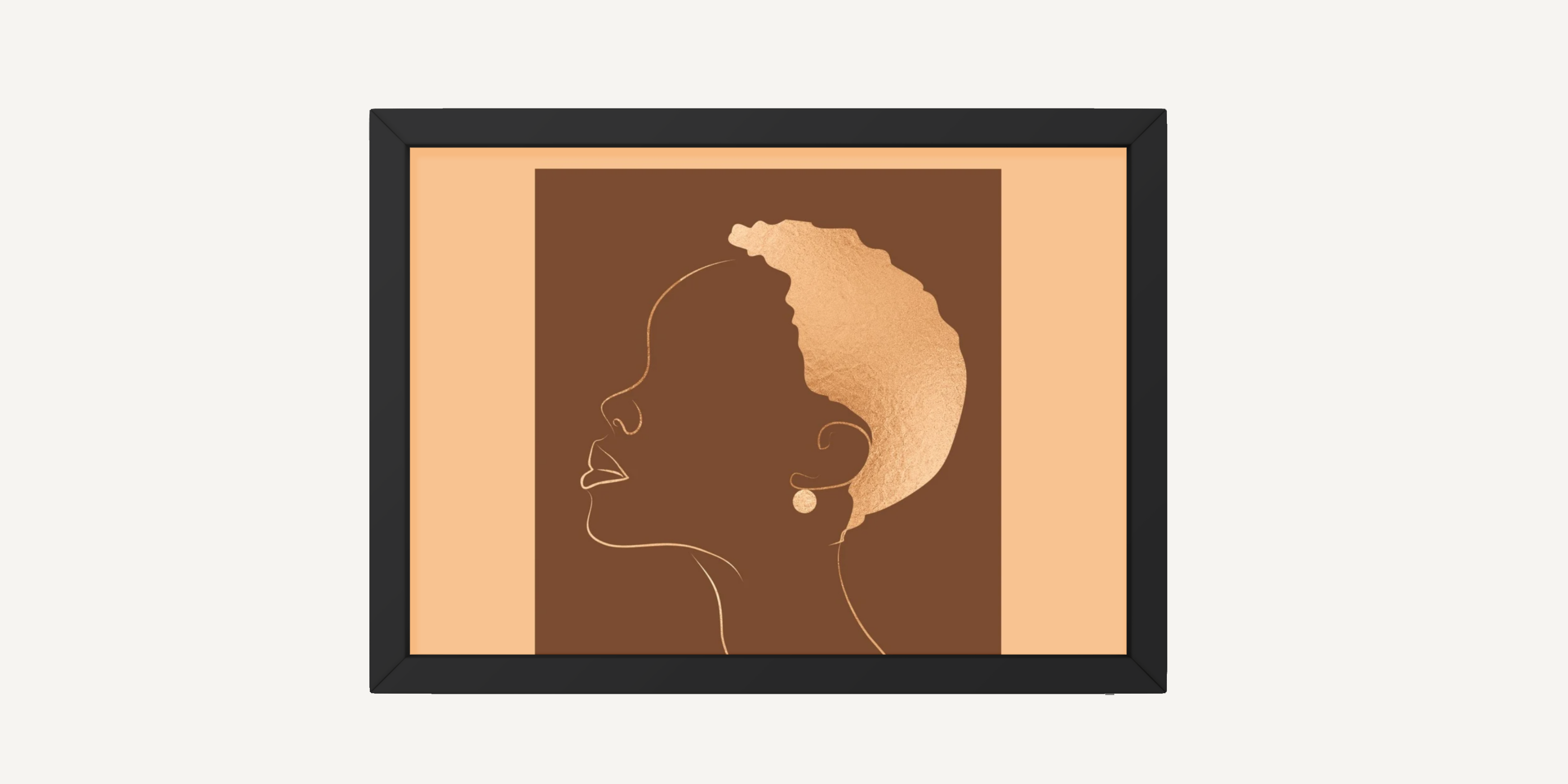Celebrating Fathers: The Comprehensive History of Father’s Day

Father’s Day, a cherished occasion dedicated to honoring and appreciating the role of fathers and father figures, has a rich and meaningful history. This special day is a time for children to express their love and gratitude to the men who have shaped their lives. But how did this tradition begin? Let's delve into the history of Father’s Day and explore its evolution over the years.
The Origins of Father’s Day
The origins of Father's Day can be traced back to the early 20th century in the United States. While Mother’s Day had already been established as a significant celebration, the idea of a day to honor fathers was still nascent. The inception of Father's Day is often attributed to Sonora Smart Dodd of Spokane, Washington. Inspired by the establishment of Mother's Day, Dodd sought to create a similar celebration for fathers. Her motivation was personal: she wanted to honor her father, William Jackson Smart, a Civil War veteran who raised six children as a single parent after his wife passed away.
In 1909, Dodd proposed the idea to her local community and the Spokane Ministerial Alliance. She initially suggested June 5, her father's birthday, as the date for the celebration. However, the ministers needed more time to prepare their sermons, and thus the first Father’s Day was celebrated on June 19, 1910. This initial celebration involved church services, a heartfelt tribute to William Jackson Smart, and small gifts given to fathers by their children. Dodd's idea resonated with many, but it would take decades for Father’s Day to be officially recognized.
Early Challenges and National Recognition
Despite the success of the first celebration in Spokane, Father’s Day did not immediately gain widespread recognition. The idea faced resistance and skepticism, with some people viewing it as an attempt to commercialize fatherhood and others questioning its necessity. Critics argued that holidays should not be used for commercial purposes and that Mother's Day and Father's Day might be seen as frivolous spending opportunities rather than sincere celebrations.
Over the following decades, various attempts were made to establish Father’s Day as a national holiday. In 1916, President Woodrow Wilson approved of the idea but did not issue a formal proclamation. President Calvin Coolidge also supported the notion in 1924, encouraging state governments to observe the day. However, these early efforts failed to make Father's Day an official holiday.
The Great Depression and World War II played significant roles in the development of Father's Day. During the Depression, retailers and advertisers saw the potential in a holiday that could encourage the purchase of goods, from ties and tobacco pipes to tools and sporting goods. This commercial angle helped keep the idea of Father's Day alive. During World War II, Father's Day took on patriotic undertones, as it was seen as a way to honor fathers serving in the military.
It was not until 1966 that significant progress was made when President Lyndon B. Johnson issued the first presidential proclamation designating the third Sunday in June as Father’s Day. This move gave the day a level of official recognition, though it still lacked the full status of a national holiday. The push for official recognition continued until 1972, when President Richard Nixon signed it into law, making Father’s Day a permanent national holiday. This marked the culmination of a long journey of advocacy and gradual acceptance, solidifying the day as an important fixture in the American calendar.
The Evolution of Father’s Day Celebrations
Father’s Day has evolved significantly since its inception. What began as a day to honor fathers with church services and personal tributes has transformed into a celebration involving various activities and traditions. Initially, the day was marked by simple gestures, such as handwritten notes and small handmade gifts. Over time, as the holiday became more commercialized, the range of gifts and activities expanded.
In modern times, Father’s Day is marked by family gatherings, special meals, and the giving of gifts. Children often present their fathers with cards, ties, tools, and other tokens of appreciation. The day is also an opportunity for families to spend quality time together, whether through outdoor activities, sports, or simply enjoying each other’s company. Barbecues, fishing trips, and sporting events are popular ways to celebrate, emphasizing the importance of bonding and shared experiences.
The commercialization of Father’s Day has been both celebrated and critiqued. On one hand, it has provided opportunities for families to express their love and gratitude through tangible gifts and memorable experiences. On the other hand, some argue that the essence of the holiday can be overshadowed by consumerism. Despite this, the core sentiment of appreciating and honoring fathers remains central to the celebration.
Beyond the personal celebrations, Father’s Day has also taken on a broader cultural significance. It serves as a reminder of the important role fathers play in the lives of their children and the positive impact of paternal involvement on families and society as a whole. Research has shown that active and engaged fathers contribute to the emotional and psychological well-being of their children, highlighting the importance of recognizing and supporting fatherhood.
Global Celebrations
While Father’s Day is widely celebrated in the United States, it has also gained recognition in many other countries, though the dates and customs may vary. For instance, in the United Kingdom, Canada, and India, Father’s Day is also celebrated on the third Sunday in June. In Mexico, Father's Day is celebrated on the third Sunday in June as well, with families often coming together for large gatherings and festive meals.
In some countries, Father’s Day is tied to existing cultural or religious celebrations. For example, in Spain and Portugal, Father’s Day is observed on March 19, coinciding with the Feast of St. Joseph, the patron saint of fathers. This integration of Father’s Day with a religious holiday underscores the importance of fatherhood within the cultural and spiritual context.
In Australia and New Zealand, Father’s Day is celebrated on the first Sunday in September. Despite the differences in dates and traditions, the underlying sentiment of honoring and appreciating fathers remains universal. In Thailand, Father’s Day is celebrated on December 5, the birthday of the late King Bhumibol Adulyadej, who was seen as the father of the nation. This unique celebration involves public ceremonies and acts of charity, reflecting the deep respect and reverence for father figures.
The Changing Role of Fathers
The role of fathers has evolved over the decades, reflecting changes in societal norms and family dynamics. Traditionally seen as the primary breadwinner and disciplinarian, the modern father is now more likely to be actively involved in all aspects of child-rearing. This shift is partly due to changing gender roles and increased recognition of the importance of fathers in child development.
Fathers today are more engaged in activities such as attending school events, helping with homework, and participating in daily caregiving tasks. This hands-on approach has been shown to have numerous benefits for children, including better academic performance, improved social skills, and higher self-esteem. As the role of fathers continues to evolve, Father’s Day serves as a reminder to celebrate and support these changes.
Father’s Day is a heartfelt celebration that has stood the test of time, evolving from a local tribute in Spokane to a nationally and internationally recognized occasion. It is a day to honor the love, sacrifice, and dedication of fathers and father figures who have profoundly impacted the lives of their children.
As we celebrate Father’s Day, let us remember its origins and the enduring importance of recognizing and appreciating the fathers who have shaped our lives and continue to do so with unwavering love and support. Whether through simple gestures or grand celebrations, Father’s Day is a time to acknowledge the vital role fathers play in our lives and to express our gratitude for their presence and contributions.
Happy Father’s Day to all the incredible dads out there!









Leave a comment